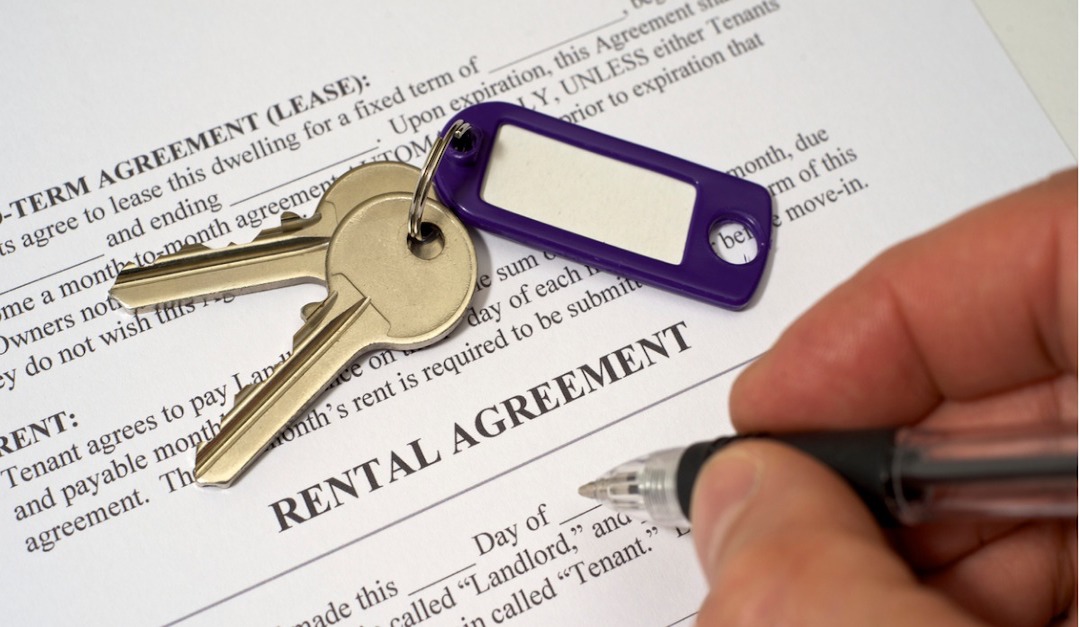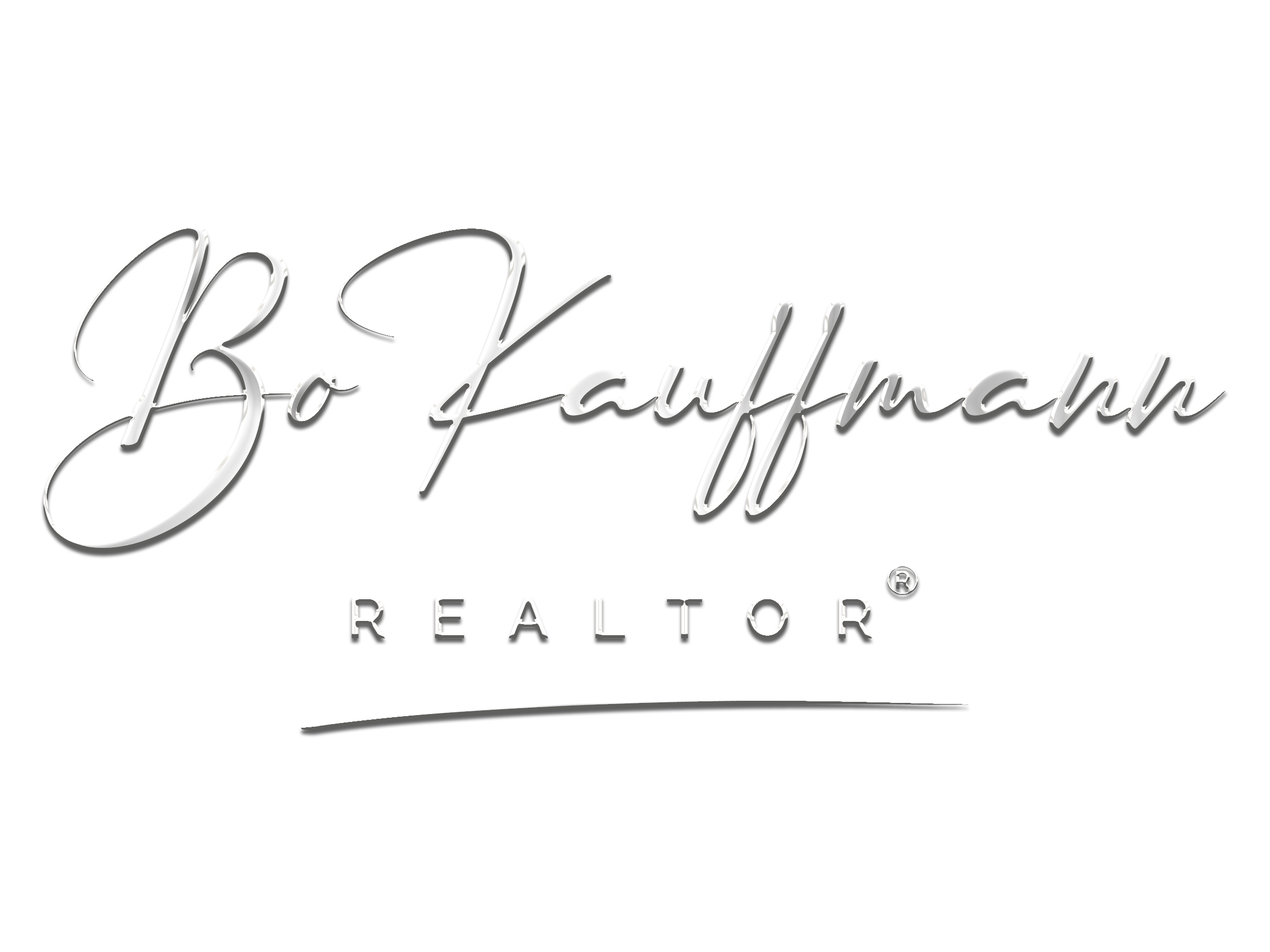
How to Become a First-Time Buyer and a Landlord
Plenty of Canadian first-time buyers choose to buy an income property as a way of offsetting costs. Whether it’s a detached home with a finished basement suite or a condo you plan to rent out for a few years before moving in, being a landlord can be a great experience if you’re smart about it. Diving right into your first home purchase and your first stint as a landlord? It can be a lot.
Here’s what you should know:
You might lose your first-time buyer rebate. In Canada, first-time buyers are eligible for a tax rebate. If you choose not to make the purchase your primary residence (if you rent it out, for example), you may not qualify for the tax rebate. Ask your real estate agent for more details.
Consider diving right in. Many first-time landlords opt to use a property management company to handle things like rent collection and maintenance requests. Though the company may take a percentage of your rental income, this is a hassle-free option that many first-time landlords opt for. However, it can make sense to handle this yourself for the first year, as it allows you to become familiar with the process and understand the ins and outs of your home. That way, when you do pass it on to a management company, you’ll understand their requests.
Know the Residential Tenancies Act inside out. In Canada, each province has a separate set of regulations for landlords and tenants, which can usually be found online. Make sure you read it thoroughly to understand both your responsibilities and those of your tenant. Ask an experienced real estate agent to help if necessary.
Say hi. Many real estate agents and property management companies will handle applications and reference checks on your behalf, for a fee. If you live in the area, however, it’s a good idea for you to meet the applicants yourself. This gives you a chance to ask questions of your own and test your “gut feeling” about a potential tenant. After all, not everything can be learned from a legal form, and this is a person who will be living in your home.
Being a first-time buyer and a first-time landlord doesn’t have to be scary. It does, however, take some extra research and the help of some professionals along the way.
